Efficiently managing business expenses is crucial for maintaining profitability and ensuring the financial health of your enterprise.
Proper expense management can help you optimise cash flow, reduce unnecessary costs, and enhance overall operational efficiency.
This guide provides practical advice on managing business expenses, highlighting best practices and strategies tailored to the UK business environment.
Understanding Business Expenses
Business expenses are costs incurred in the ordinary course of running your business.
These can range from rent and utilities to salaries and marketing expenses.
Properly categorising and tracking these expenses is essential for financial reporting, tax compliance, and strategic planning.
Types of Business Expenses
- Fixed Expenses: These are recurring costs that remain relatively stable over time, such as rent, insurance, and salaries.
- Variable Expenses: These costs fluctuate based on business activity levels, such as raw materials, utilities, and sales commissions.
- One-Time Expenses: These are irregular costs, such as equipment purchases or software upgrades.
Best Practices for Managing Business Expenses
1. Implement a Robust Tracking System
Effective expense management starts with a robust tracking system.
Utilise accounting software like QuickBooks, Xero, or Sage to monitor and categorise your expenses.
These tools provide real-time insights and help you keep accurate records.
2. Develop a Budget
Creating a budget helps you plan and control your spending.
A well-structured budget outlines your expected income and expenses, allowing you to allocate resources effectively and identify potential cost-saving opportunities.
3. Regularly Review Financial Statements
Regularly reviewing your financial statements, such as profit and loss (P&L) statements and balance sheets, provides valuable insights into your business’s financial health.
This practice helps you identify trends, spot anomalies, and make informed decisions.
4. Separate Business and Personal Finances
Keeping your business and personal finances separate simplifies accounting and tax reporting.
Open a dedicated business bank account and use it exclusively for business transactions.
This practice also protects your personal assets and maintains legal compliance.
Cost-Control Strategies
1. Negotiate with Suppliers
Regularly review your supplier contracts and negotiate better terms where possible.
Building strong relationships with suppliers can lead to discounts, extended payment terms, and other cost-saving benefits.
2. Outsource Non-Core Activities
Outsourcing non-core activities, such as payroll processing and IT support, can reduce overheads and free up resources for core business functions.
Partnering with specialised service providers like us, ensures expertise and efficiency. Check out what we can do for your business here.
3. Implement Energy-Efficient Practices
Adopting energy-efficient practices can significantly reduce utility bills.
Simple measures like using LED lighting, implementing power-saving modes on equipment, and conducting energy audits can result in substantial savings.
Expense Management Tools
Utilising expense management tools can streamline processes and improve accuracy. Some popular tools include:
- Expensify: Simplifies expense reporting and management. Expensify UK
- Receipt Bank: Automates receipt capture and expense categorisation. Receipt Bank
- Concur: Comprehensive expense management solution. Concur UK
Click here to book your free consultation now
Effective expense management is key to the financial success of your business.
At Adroit Consulting Group, we offer tailored expense management consulting services to help you optimise costs and improve profitability.
Tax Implications of Business Expenses
Understanding the tax implications of business expenses is crucial for compliance and optimisation.
In the UK, HMRC allows businesses to deduct allowable expenses from their taxable profits, reducing their overall tax liability.
Allowable Expenses
Allowable expenses are costs that are essential for running your business. These include:
- Office Costs: Rent, utilities, and office supplies.
- Travel Expenses: Business travel, vehicle costs, and accommodation.
- Staff Costs: Salaries, pensions, and training.
- Marketing: Advertising, website costs, and promotional materials.
- Professional Fees: Accountancy, legal fees, and consultancy.
For a comprehensive list of allowable expenses, visit the HMRC allowable expenses guide.
Capital Allowances
Capital allowances allow businesses to deduct the cost of certain capital expenditures, such as equipment and machinery, from their profits before tax.
This can significantly reduce your tax bill.
The Annual Investment Allowance (AIA) provides a 100% deduction on qualifying expenditures up to £1 million.
For more on capital allowances, visit the HMRC capital allowances page.
Avoiding Common Pitfalls
1. Poor Record-Keeping
Inadequate record-keeping can lead to missed deductions, compliance issues, and financial inaccuracies.
Maintain detailed and organised records of all transactions and receipts.
2. Mixing Business and Personal Expenses
Mixing business and personal expenses complicates accounting and can result in tax compliance issues.
Always use separate accounts and keep transactions distinct.
3. Failing to Review Regularly
Neglecting to regularly review your expenses can result in overspending and missed opportunities for cost-saving.
Conduct periodic reviews to ensure optimal financial management.
Conclusion
Effective expense management is critical for the success and sustainability of your business.
By implementing robust tracking systems, developing a budget, and adopting cost-control strategies, you can optimise your financial health.
Our team of professionals is here to help you navigate the complexities of business expense management and achieve your financial goals.
Don’t hesitate to contact us and book a free consultation.
Our team of professionals is here to support you every step of the way, helping you navigate the complexities of R&D tax credits and achieve your business goals.

